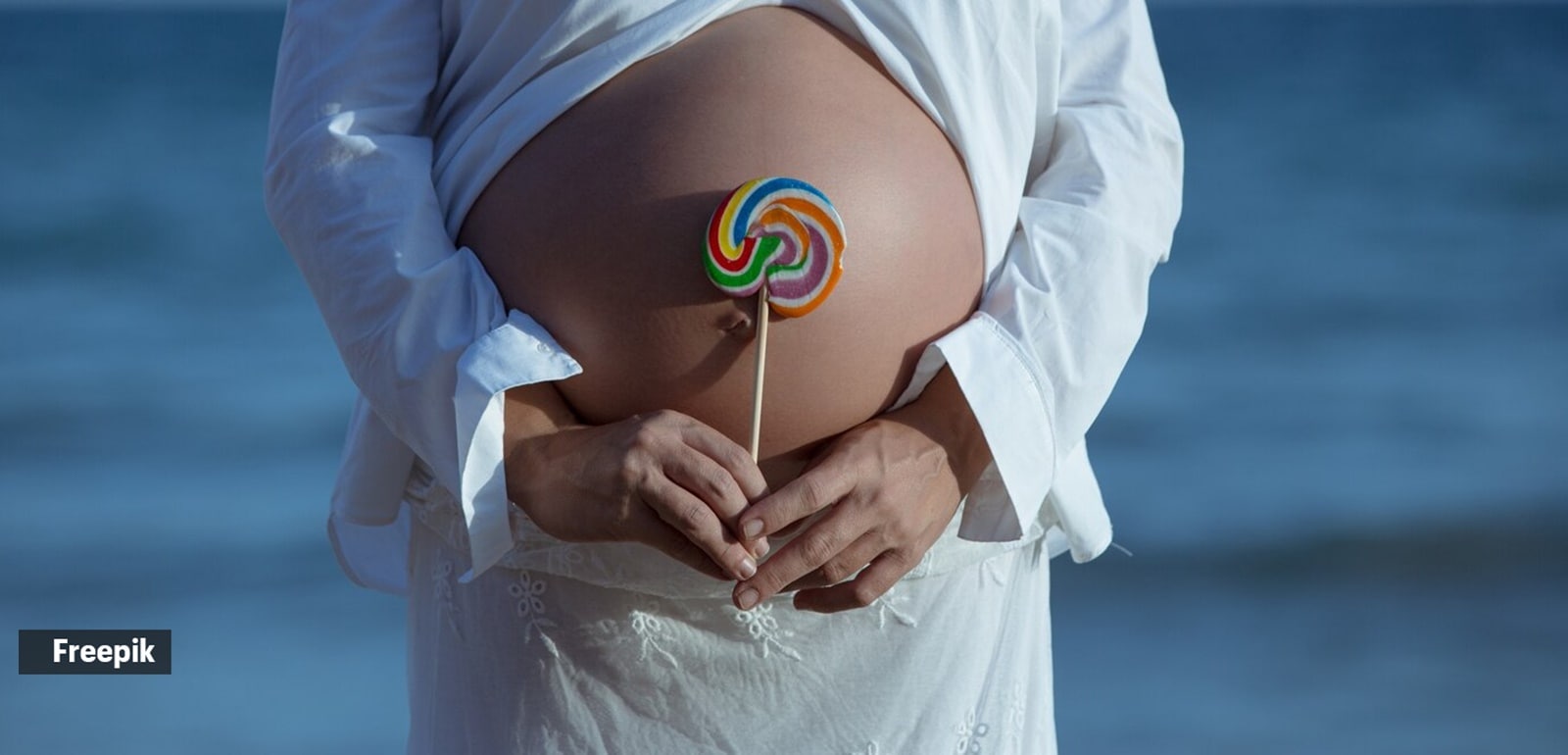Staying hydrated is key to beating the summer heat, and these hot and humid months can be particularly difficult for expecting mothers. Water is essential for mom and baby to stay healthy, as sufficient hydration supports the mother’s increasing blood volume, which is required to transport nutrients to the fetus, said Dr Suruchi Desai, senior consultant, obstetrics and gynaecology, Nanavati Max Super Speciality Hospital.
“Water also helps form the placenta, the crucial organ responsible for oxygen and nutrients supply to the baby. It also assists in producing the amniotic fluid, which cushions the baby in the womb,” she told indianexpress.com.
Signs to watch out for
While signs of dehydration in regular people include headaches, feeling dizzy, lethargy, and struggling to concentrate, things are a little different for pregnant women.
Dr. N Sapna Lulla, lead consultant in obstetrics and gynaecology at Aster CMI Hospital, Bangalore, shared that dehydration during pregnancy can manifest through several recognisable symptoms.
- Expectant mothers may experience increased thirst, dry mouth, and fatigue, often early indicators of insufficient fluid intake.
- They might notice darker urine, infrequent urination, or dizziness, which can signal that the body is not adequately hydrated.
- Symptoms such as headaches, rapid heartbeat, and even fainting can occur as the body struggles to maintain proper fluid balance.
Dehydration can lead to more severe complications if not addressed promptly. Thus, pregnant women should prioritise drinking sufficient water throughout the day, especially during hot weather or when engaging in physical activity.
 Water is essential for both mom and baby (Source: Freepik)
Water is essential for both mom and baby (Source: Freepik)
How can moms-to-be stay hydrated during the summer?
Dr Desai shared some easy ways to stay hydrated during your pregnancy:
1. Aim for at least 8-10 glasses of water daily, which can vary depending on individual health, activity level, and climate.
Story continues below this ad
2. Fluid intake doesn’t only come from water. Consuming fluid-rich foods like fruits, vegetables, and soups can contribute to daily hydration goals.
3. Limit caffeine intake, as it acts as a diuretic and can lead to increased urination, potentially causing dehydration.
4. Sugary drinks should also be avoided. While they may temporarily relieve thirst, they are not beneficial for overall health and can contribute to weight gain and blood sugar issues.
5. If plain water is unappealing due to changes in taste perception during pregnancy, try adding a slice of lemon, cucumber, or mint for a refreshing twist.
Story continues below this ad
Expectant mothers can help ensure a healthier pregnancy experience by recognizing these common signs and taking proactive measures to stay hydrated.
DISCLAIMER: This article is based on information from the public domain and/or the experts we spoke to. Always consult your health practitioner before starting any routine.


